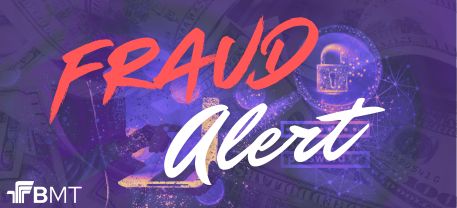Security Center
Current Fraudulent Attempts - 2025
We are currently receiving reports across our divisions of customer and non-customers getting calls from local phone numbers that have been spoofed by fraudsters. Fraudsters can easily spoof phone numbers to appear like a legitimate phone number in an attempt to gain access to individuals accounts and personal information.
We will NOT call or text you for the following information:
-
-
- Full Account Numbers
- Full Debit Card Information
- Online Banking Credentials
- Client Identification Information
-
If you receive a call or text requesting any of the above information, discontinue the call immediately! Contact your local bank directly with contact information that you have on file or independently look up the information.
Fraudulent text messages are continuing to be sent to both our customers and non-customers claiming to be from Glacier Bank. These messages are NOT from us. DO NOT click on any link, call any phone numbers provided, or give out any account information.
Protect yourself from fraudulent texts like these by blocking the phone number they came from and deleting the messages without opening them.
Below are educational links on current smishing and phishing attacks:
- Federal Communication Commission
- Federal Trade Commission Consumer Advice
- AARP Scams and Fraud
We are here to help protect your money
Electronic banking offers exceptional convenience and efficiency for customers, and we use the latest technology and tools to ensure it’s safe and secure as well.
Along with everything we do, you play the most important role in protecting your personal information and accounts. Being aware and informed about how to protect your personal information is the first line of defense. Criminals look for opportunities to gain access to your accounts by tricking you into giving them personal information in different ways. You can avoid giving them what they need by staying informed about common practices.

